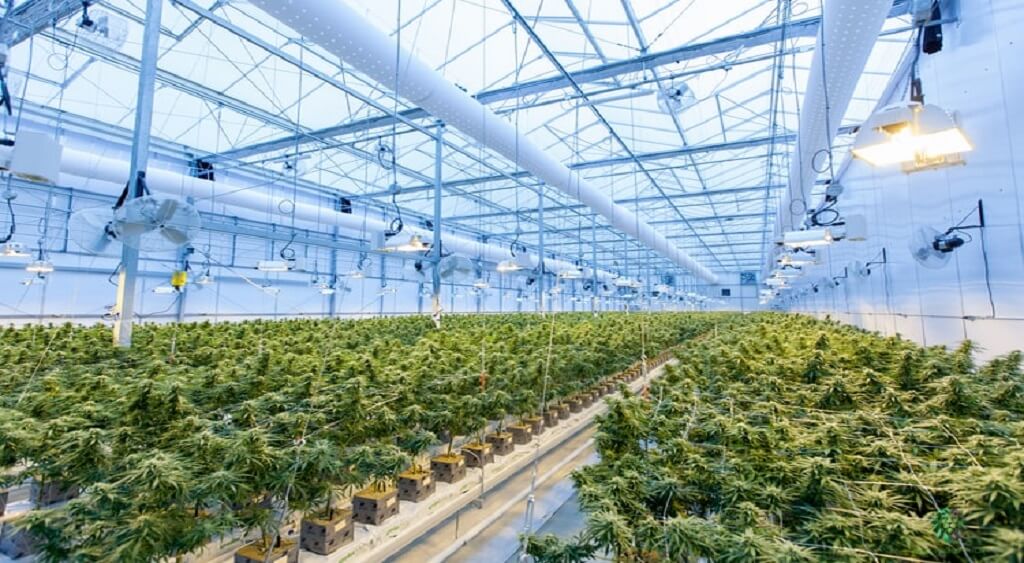In recent years, the conversation around mental health has gained significant momentum, leading researchers to explore alternative treatments for conditions like anxiety and depression. One area of growing interest is the potential use of medical cannabis in managing these mental health challenges. While the topic remains controversial, emerging research suggests that cannabinoids found in cannabis may have therapeutic effects. In this blog post, we will delve into the current research and findings on using medical cannabis to address anxiety and depression.
Understanding Cannabinoids and the Endocannabinoid System:
Cannabis contains over 100 different cannabinoids, with two of the most studied being delta-9-tetrahydrocannabinol (THC) and cannabidiol (CBD). These cannabinoids interact with the endocannabinoid system (ECS) in the human body, a complex cell-signaling system known to regulate various physiological and cognitive processes, including mood, stress, and emotional responses.
Research on Anxiety:
Several studies have explored the potential anti-anxiety effects of cannabis, particularly CBD. A review published in the Journal of Clinical Psychology in Medical Settings in 2019 found that CBD may have therapeutic properties for various anxiety disorders, such as generalized anxiety disorder (GAD), social anxiety disorder (SAD), and post-traumatic stress disorder (PTSD). The review highlighted the need for further research to determine optimal dosage and long-term effects.
A 2020 study published in the Journal of Psychopharmacology investigated the effects of CBD on anxiety related to public speaking. The findings suggested that a single dose of CBD reduced anxiety and cognitive impairment, leading researchers to conclude that CBD could be a useful intervention for those dealing with performance-related anxiety.
Research on Depression:
Similarly, research has explored the potential of cannabinoids in managing depression. A study published in the Journal of Affective Disorders in 2019 investigated the antidepressant-like effects of cannabidiol in a rodent model. The results indicated that CBD exhibited rapid and sustained antidepressant-like effects, suggesting its potential as a novel therapeutic agent for depression.
Another study, published in the Journal of Clinical Medicine in 2021, explored the impact of medical cannabis on symptoms of depression, anxiety, and stress. The findings suggested that cannabis use was associated with significant reductions in these symptoms, leading the researchers to consider cannabis as a potential adjunctive treatment for mood disorders.
Caution and Considerations:
While these findings are promising, it’s crucial to approach the use of medical cannabis for mental health with caution. The therapeutic effects of cannabinoids can vary based on individual factors such as dosage, frequency, and the specific type of cannabis used. Additionally, the psychoactive effects of THC may exacerbate anxiety in some individuals.
Moreover, the legal and regulatory landscape surrounding cannabis varies globally and within different regions. It’s essential for individuals considering medical cannabis to be aware of the legal implications and consult with healthcare professionals before incorporating it into their treatment plan.
Conclusion:
As research on the potential benefits of medical cannabis for anxiety and depression continues to evolve, it is evident that cannabinoids, particularly CBD, show promise in addressing these mental health challenges. However, the field is still in its early stages, and more rigorous studies are needed to establish the efficacy, safety, and long-term effects of using medical cannabis for mental health.
Individuals grappling with anxiety and depression should engage in open discussions with healthcare providers to explore comprehensive treatment plans that may include traditional therapies, counseling, and, where appropriate, the judicious use of medical cannabis. As the scientific community delves deeper into this topic, a more nuanced understanding of the role of cannabinoids in mental health may emerge, offering new avenues for individuals seeking relief from these common and debilitating conditions.



